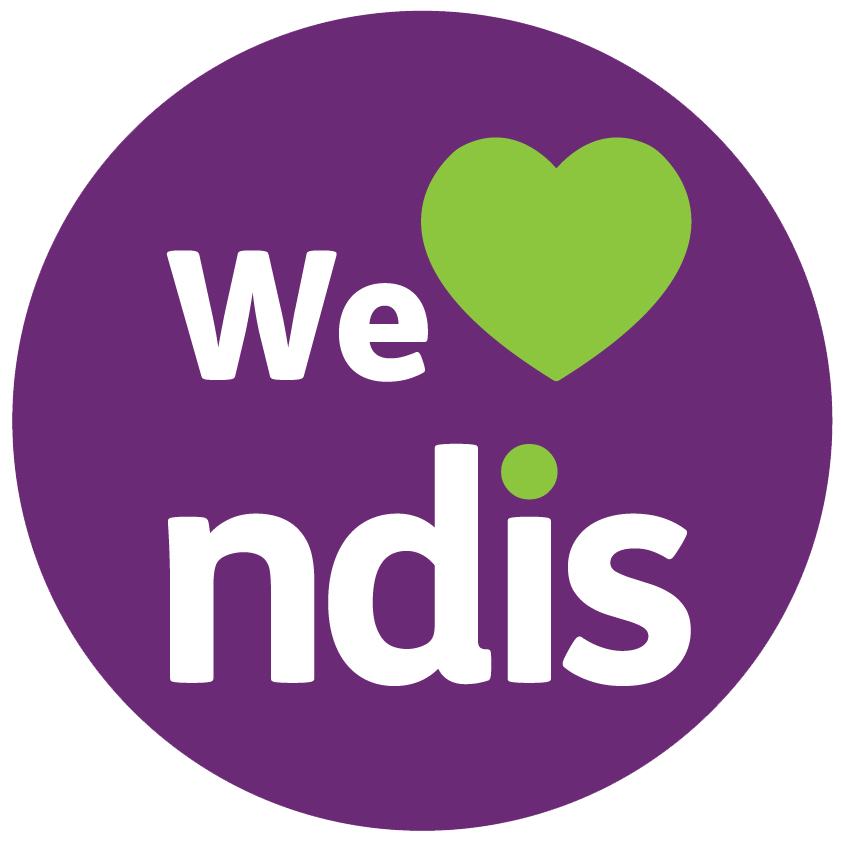
August 01 2021
NDIS Acronyms & Terms
We know the NDIS is littered with an array of confusing acronyms and terms. Let’s clear them up so you
understand exactly what is being talked about.
SDA
Specialist disability accommodation (SDA) is funding for a customised home for participants with very high functional impairment or high support needs. This funding is for the physical building only, not the participants supports within the home.
SIL
Supported Independent Living (SIL) is the funding for
personal assistance for those with high support needs, instead of funding for a physical property. This may include home
modifications, support workers, community participation
and much more.
ILO
Individual living options (ILO) are a recent addition to the NDIS and like SIL, covers primarily in-home support options (see below for definition of ‘supports’). ILO gives participants more choice and control to build a unique structure around them that
promotes their independence and helps them achieve their goals. ILO are guided entirely by the needs and preferences of
participants, including the choice of carers, level of involvement of family members, and much more. As ILO are new, rules and guidelines are still in development by the NDIA (see definition below).
MTA
Medium-term accommodation (MTA) is funded
accommodation in a temporary home for up to 90 days and excludes the supports within the dwelling. It is often used while waiting to move into your next home.
STA
Short term accommodation (STA) covers the cost of a short-term home including supports for up to a few weeks. It is often used when your carer is sick or unavailable, to ensure you still get the care and support you need.
NDIS
The National Disability Insurance Scheme (NDIS) is the scheme that you are a participant in when you become
approved. As long as you’re approved and have an NDIS plan, anything that mentions being an NDIS participant includes you.
NDIA
The National Disability Insurance Agency (NDIA) is the agency responsible for managing the NDIS and ensuring Australians with disabilities continue to receive the support they need. The NDIA is appointed by the federal government and is the
administrator of the NDIS funding. If the NDIS isn’t doing its job properly, it’s up to the NDIA to make changes and take
responsibility for the outcomes.
“Eligible”
When anything talks about you being eligible, an eligible participant, or eligible for certain funding, really they’re meaning that you have this funding approved in your NDIS plan – or that you meet the criteria to get this funding in your NDIS plan. If you can’t get it in your plan, then you can’t get that support, use that service, or explore that housing option using NDIS funding.
“Supports”
Your supports can be services like cleaning, physical objects like a shower seat, organised social activities to participate in,
or any other service or product that helps improve your day-to-day life and promotes your well-being and
independence.
“Reasonable and necessary”
You’ll hear this one a lot – it refers to the strict eligibility criteria that help the NDIA determine the circumstances in which they should or shouldn’t pay for a participant’s housing support and other supports. They measure it against whether the support is reasonable and necessary in light of the participant’s unique circumstances and abilities. For example, some funding can only be accessed for those with very high support needs like 24/7 care – so for these participants, that funding will be considered
reasonable and necessary for them – but may not be so for others.
“Participant”
A person that meets the access criteria for NDIS support based on an assessment by the NDIA.
NDIS Plan
Your NDIS plan is an outline of the support and funding that NDIS will provide for a participant based on their assessment, goals and needs.


